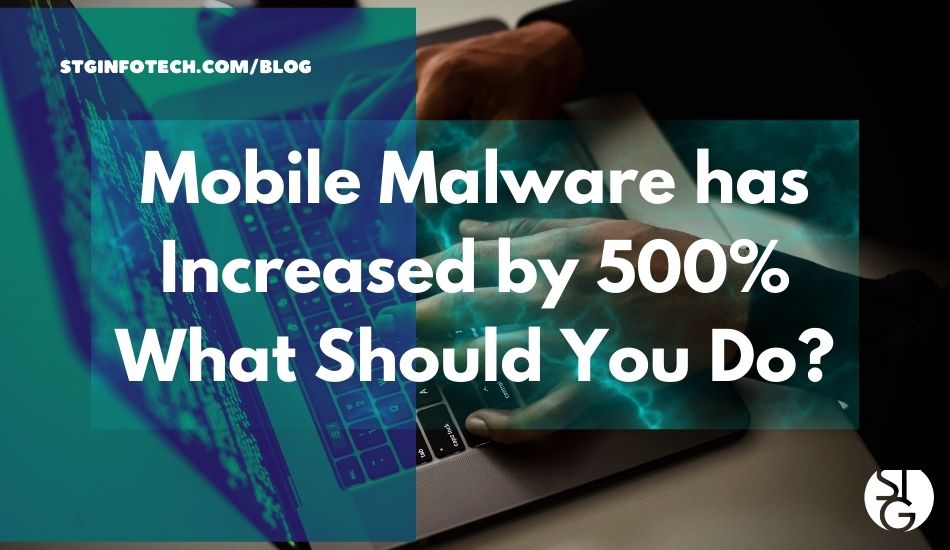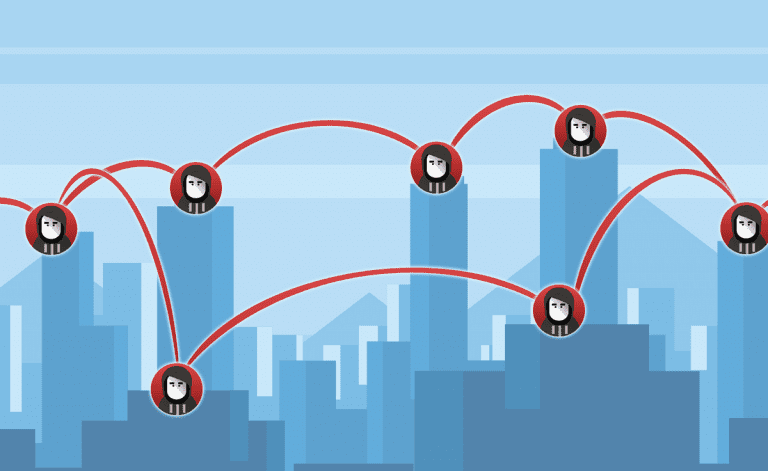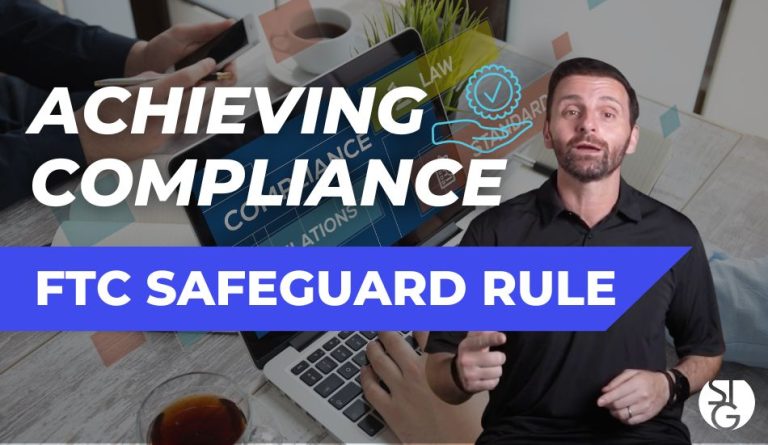Here’s an alarming cybersecurity statistic for you, mobile malware is growing increasingly fast. Researchers say it has surged by over 500% in just a few months. This is concerning both in terms of scale and because many people are not protecting their smartphones.
For years, mobile phones have been growing more powerful. They currently perform many of the same tasks as a computer, just on a much smaller screen. However, people tend to protect their computers more than they do their smartphones.
These behaviors need to change. Mobile devices account for more than 60% of all digital fraud. Because of this statistic, they pose a significant risk to anyone without the right precautions in place.
Many of the steps you can take are similar to the security measures for your computer. It’s time to start treating your smartphone like a mini-computer and maintaining the same level of security.
Ways to Strengthen Your Smartphone’s Security
Install Mobile Anti-Malware
Yes, it would help if you also had antivirus and anti-malware on your mobile devices. Smartphones and tablets are susceptible to malware attacks. Make sure to install a dependable mobile anti-malware app.
Word to the wise – avoid the freebies. Freebies are great when it comes to food samples, but not when it comes to security software. Free software often includes malware, when ironically, these apps are meant to increase your security.
Avoid Downloading Applications from Unknown Sources
When you wish to download an app, only do so from a trusted source. Do not download anything outside of an app store. Trusted app stores include:
- Apple App Store
- Google Play
- Amazon App Store
- The Microsoft Store
Look into the app developer. Verify their reputation to be sure it is good. When you download a risky app to your phone, it can infect it with malware. Even if you later delete the app, the malware will remain.
Be Hesitant When Opening Emails
Many people choose to check their email on their phones rather than a computer because it’s convenient. But, many mistakenly believe that emails are safer when they access them on a mobile device.
Don’t assume an email is secure because you’re not using your computer. Be on the lookout for unexpected emails as well as scams that appear to be real.
We know it can be difficult to hover over an email link without clicking it on a smartphone. In that case, open that email when you have access to a computer to check the link for anything suspicious. Better to be safe than sorry.
Be Aware of “Smishing”
The SMS version of phishing is referred to as “smishing.”
The average person has a spam call to worry about. But as of March 2022, spam text messages have outnumbered robocalls by 30%. Many of those spam texts are smishing.
These messages often contain harmful links. By clicking them, you allow hackers access to your device. You might also be asked to reply to the message with personal information.
Watch out for texts that don’t seem to make sense. For example, getting a shipping notification when you haven’t ordered anything. Texts from unknown sources should be avoided as much as possible.
SMS phishing is a problem that is only getting worse. Because most individuals aren’t aware of the dangers, they often fall victim to its trap.
Remove Outdated Apps
Almost 2.6 million apps haven’t been updated in the past year. App creators often abandon their apps. Your device may be left with security vulnerabilities as a result. They are the kind of vulnerabilities that hackers exploit. They continue to be dangerous if they are not addressed.
Go through all the apps on your phone and delete the ones that you no longer use. There is no reason to keep them around if doing so puts your device at risk.
Additionally, if you still use an app, make sure it’s up to date. If it has been over a year, you might want to consider switching to the more recent app. Security-related items are often what is managed in an app update. When the developer doesn’t update the app for over a year, it’s not good.
Update Your Own Device
Speaking of updates, you also need to update the operating system on your smartphone. Are you using iOS or Android? Your phone may be vulnerable if you don’t install updates. These flaws make it possible for hackers to access your data.
Better yet, automate updates as much as possible. If you have a business and use multiple devices, include your phones in a managed IT services plan.
When on Public Wi-Fi – Use a VPN
Public Wi-Fi poses a threat. Most individuals are aware of that, but many nevertheless connect to it out of necessity. You might be concerned about using up all the data on your data plan. Or perhaps the reception on your mobile device is poor. People choose to connect to unprotected public hot spots for both of these reasons.
If you install a VPN, you can make connecting to public Wi-Fi a lot safer. VPNs act as a barrier between your computer and the internet. They use a secure server to route your data. This protects you from any prying eyes that are lurking on public Wi-Fi.
Options for Mobile Security to Avoid a Data Breach
Don’t put off properly securing your phone until it has already been compromised by malware. We can offer you automated ways to safeguard your device, online accounts, and data. To set up a consultation, get in touch today.
If you’d like to learn more about what’s new in the tech world, follow our blog!
Click here to schedule a free 15-minute meeting with Stan Kats, our Founder, and Chief Technologist.
STG IT Consulting Group proudly provides IT Services in Greater Los Angeles and the surrounding areas for all your IT needs.





